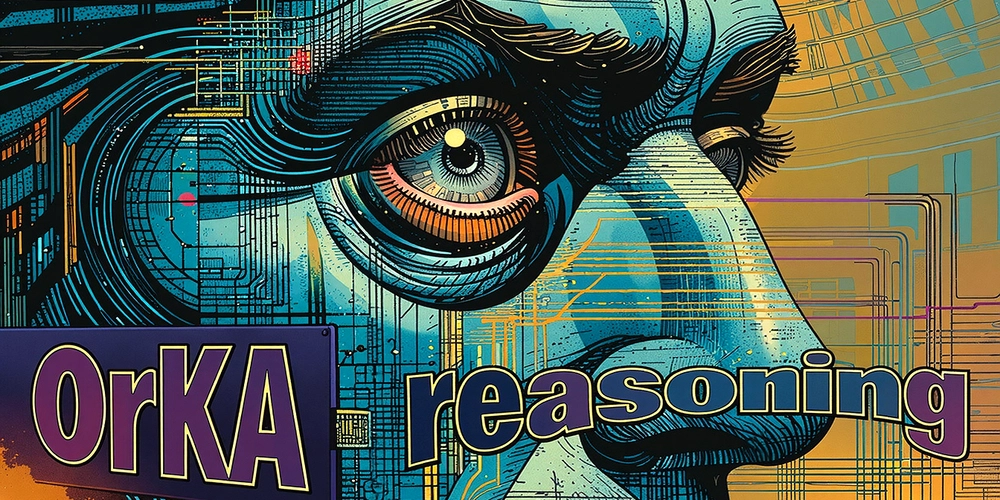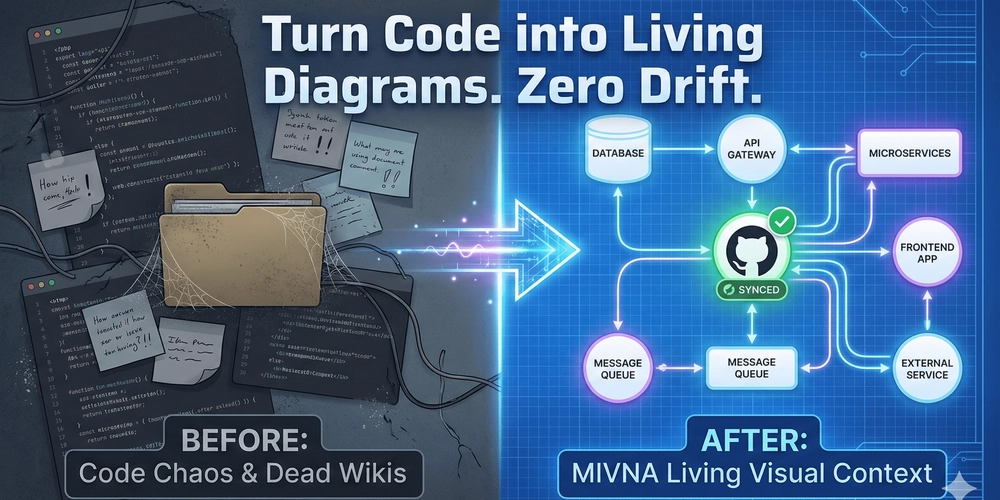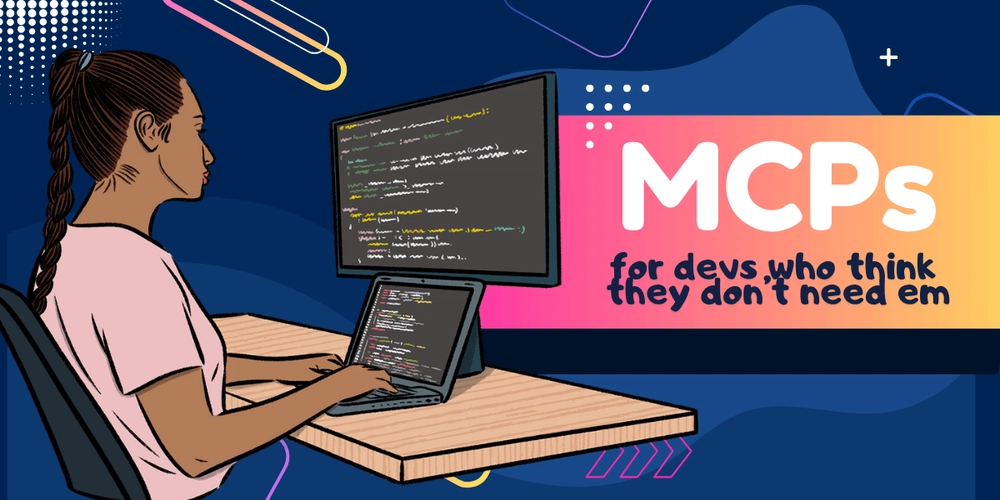TL;DR
Orcas live in tight family groups, speak with recognizable accents, learn skills from elders, and coordinate like pros. That is a great mental model for how we can design teams of AI agents that stay coherent, share a common language, and use long memory to make better choices together.
The short story behind the name
OrKa is about orchestration and reasoning across many small agents. The orca whale is a strong metaphor. These animals are famous for complex social lives. They stay with family, travel in small crews, meet up with bigger groups, and follow elders who remember where to go when food is scarce. That feels a lot like a well run engineering org or a well designed multi agent system.
Meet the orca society in plain words
Think of orca society as four nested circles:
1) Family A mother and her children. In many places, sons and daughters never move away. They stick with mom for life.
2) Pod Several related families that travel together most days. This is the crew you see hunting and resting side by side.
3) Clan Pods that share a recognizable accent. Their calls sound similar, like regional slang. They can recognize each other by voice.
4) Community Multiple clans that live in the same wider area and overlap sometimes.
A few more simple facts that matter:
- They learn by watching. Hunting tricks are passed down like recipes.
- Elders matter. Older females often guide the group to food in hard times.
- They have rules. Who hunts what, who mates with whom, when to meet other pods. These are social rules learned over time, not written laws.
If you are thinking this sounds like a stable microservice org with good senior ICs, you are already on the right track.
The useful bits for engineers
Here are the orca ideas that map cleanly to software and AI work.
1) Small, stable teams that trust each other
A pod is six to twenty whales that know each other very well. In code, this is a small set of agents that work together on one job. Everyone speaks the same protocol and shares context easily.
2) Private accents that still interoperate
Each pod has a call set that marks their identity. In code, think private APIs or schemas that are consistent inside the team. When pods meet, they can still coordinate because the higher level signals are recognizable. That is interoperability across teams.
3) Knowledge that outlives any one member
Elders do not just exist. They change outcomes. When the ocean is quiet and food is thin, experience becomes the most valuable resource. In code, this is long term memory and routing by experience. Your system should be able to say: This looks like a hard year. Follow the playbook that worked last time.
4) Culture guides behavior
Orcas from different places hunt different prey and use different tricks. Culture shapes what they do. In code, configuration and runbooks shape agent behavior. You want repeatable tactics that can still adapt to context.
5) Meetups reduce inbreeding of ideas
Pods keep their home teams, then meet other pods in big gatherings. New partnerships form, knowledge crosses boundaries, and the gene pool stays healthy. In code, plan cross team exchanges so ideas do not go stale.
From ocean to code: a clear mapping
| Orca concept | Human term | OrKa reasoning concept |
|---|---|---|
| Family | Your closest kin | Agent plus its memory and tools |
| Pod | A tight crew | A small agent team with a shared mini protocol |
| Clan | Related crews | Multiple teams that share schemas and can coordinate |
| Elder leadership | Senior ICs and staff engineers | Memory services, trace replay, and experience based routing |
| Dialects | Accents and slang | Team specific tokens, message formats, or prompts |
| Traditions | Team rituals | Runbooks, YAML flows, unit tests for behavior |
Design checklist you can use today
- Start with pods of 3 to 6 agents that solve one job end to end.
- Give each pod a clear internal message format and keep it stable.
- Define a clan schema so pods can hand off work cleanly.
- Add an elder memory service that can influence routing when signals are weak.
- Store stories, not only data. Write down failures and wins, then route with them.
- Schedule regular meetups between pods so patterns can spread, but keep each pod’s autonomy.
- Practice testable traditions. Turn playbooks into tests so your culture does not drift.
What is different from humans, and why it matters
- Orca society is strongly centered around mothers and lifelong family ties. Most teams are not. Use the metaphor for cohesion and shared voice, not for human org charts.
- Orcas do not have markets or written laws. They have habits and signals. In code, we must encode our culture in configs, tests, and logs, otherwise it fades.
Why this metaphor works for AI agents
Multi agent systems fail when they talk past each other, forget what worked last time, or drown in coordination overhead. Orcas show a way out:
- Keep the unit small and bonded.
- Let groups have accents but share a bigger language.
- Invest in memory and elders so the team does not repeat old mistakes.
- Treat culture as a first class object, not an afterthought.
That is OrKa reasoning in one line: social intelligence under orchestration.
Want to go deeper or try it out?
If you are building agent workflows and this framing helps, you will probably enjoy OrKa. It gives you the building blocks for pods, shared schemas across pods, and memory informed routing.
Explore here:
Credits and respect
We owe these insights to decades of field work by marine scientists and naturalists who patiently watched, listened, and learned. The metaphor here is a tribute to that work, translated into engineering language so we can build better systems.



